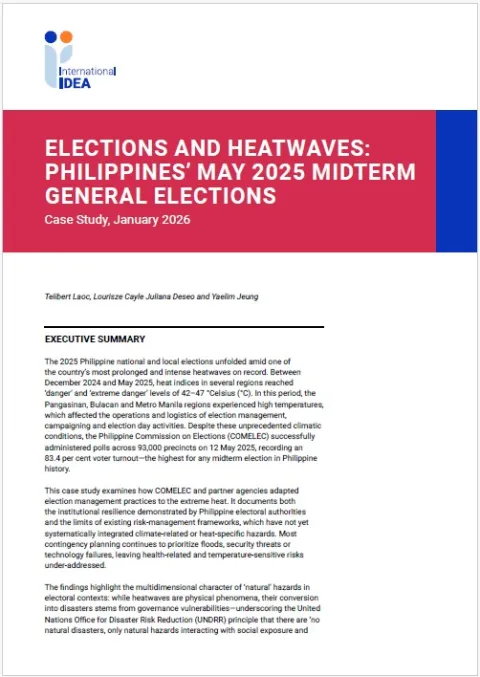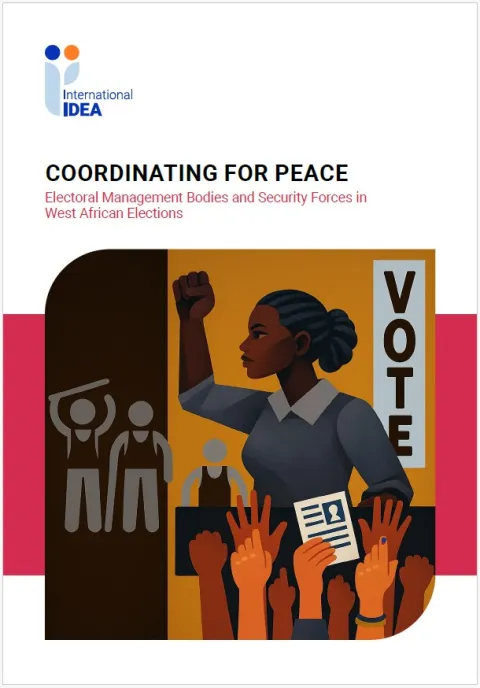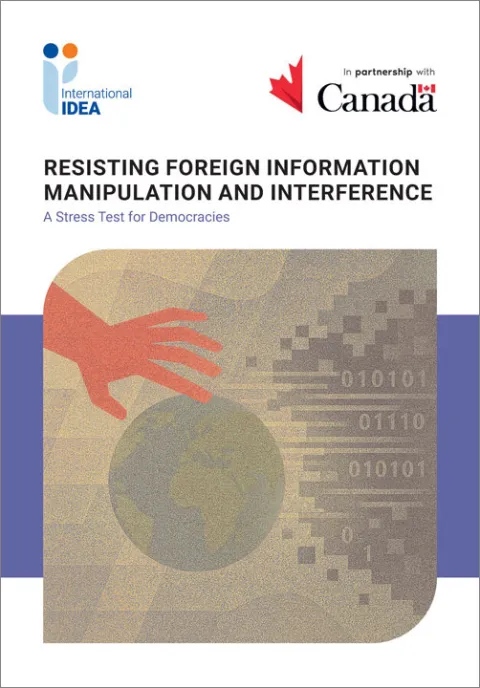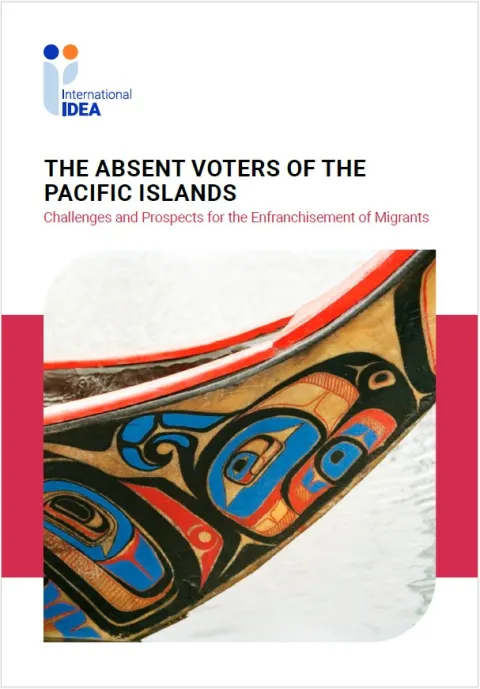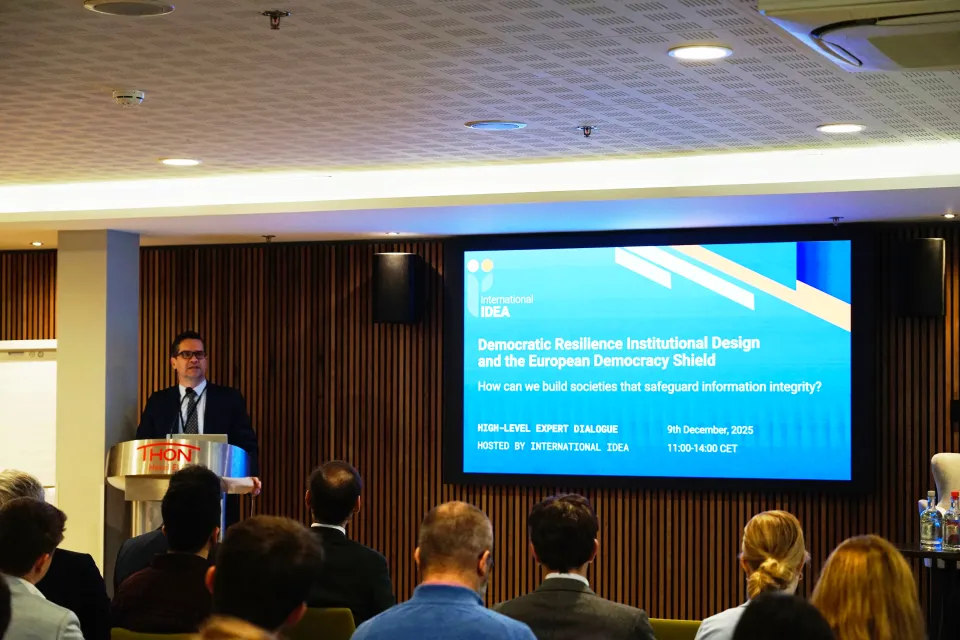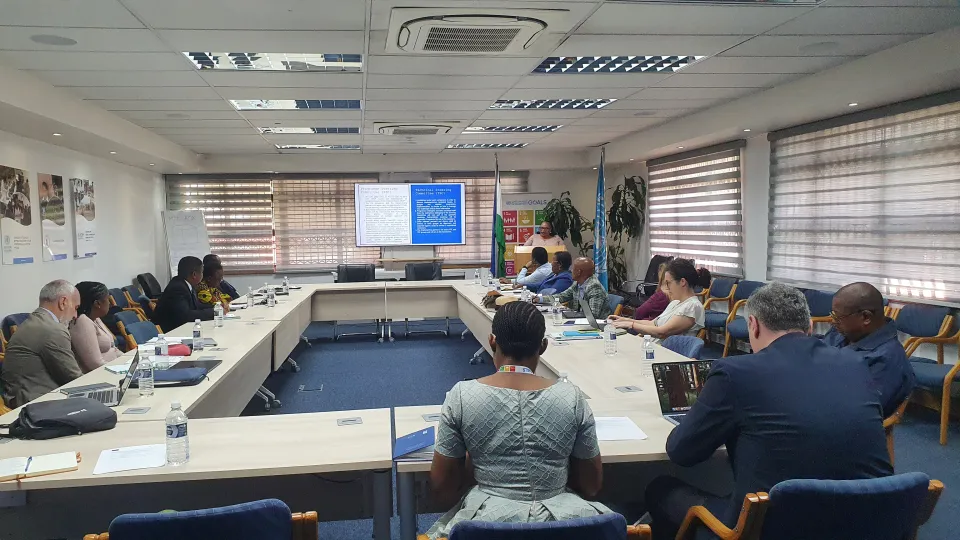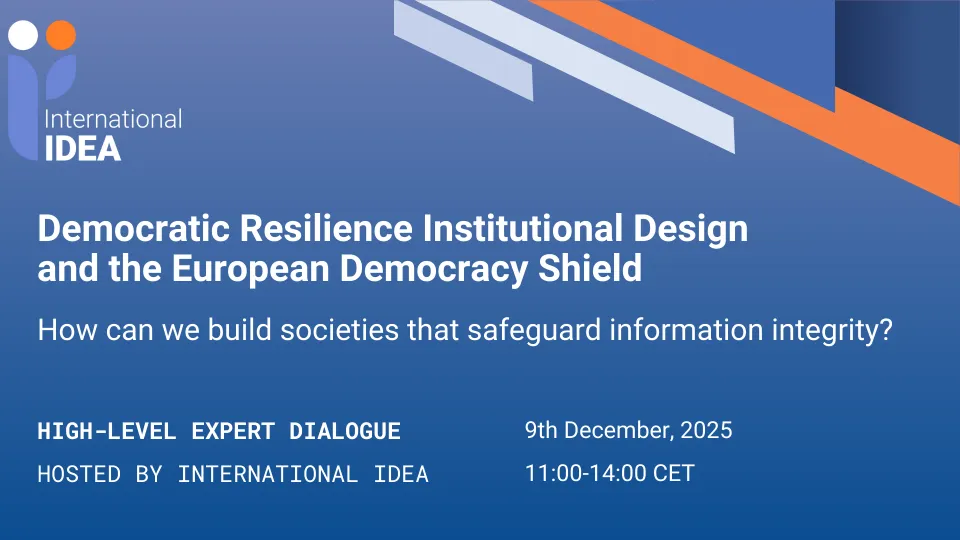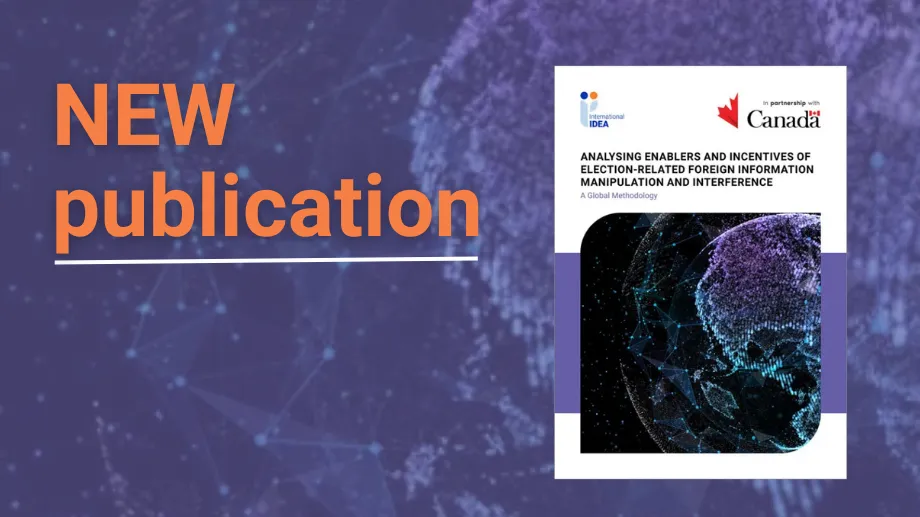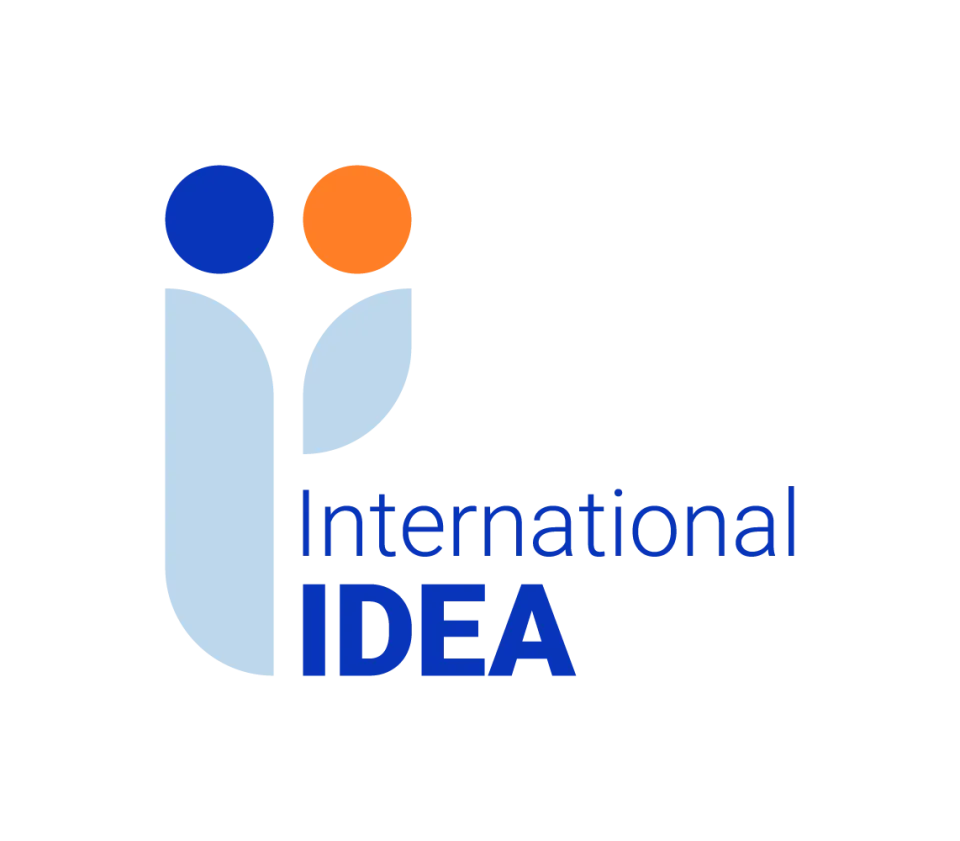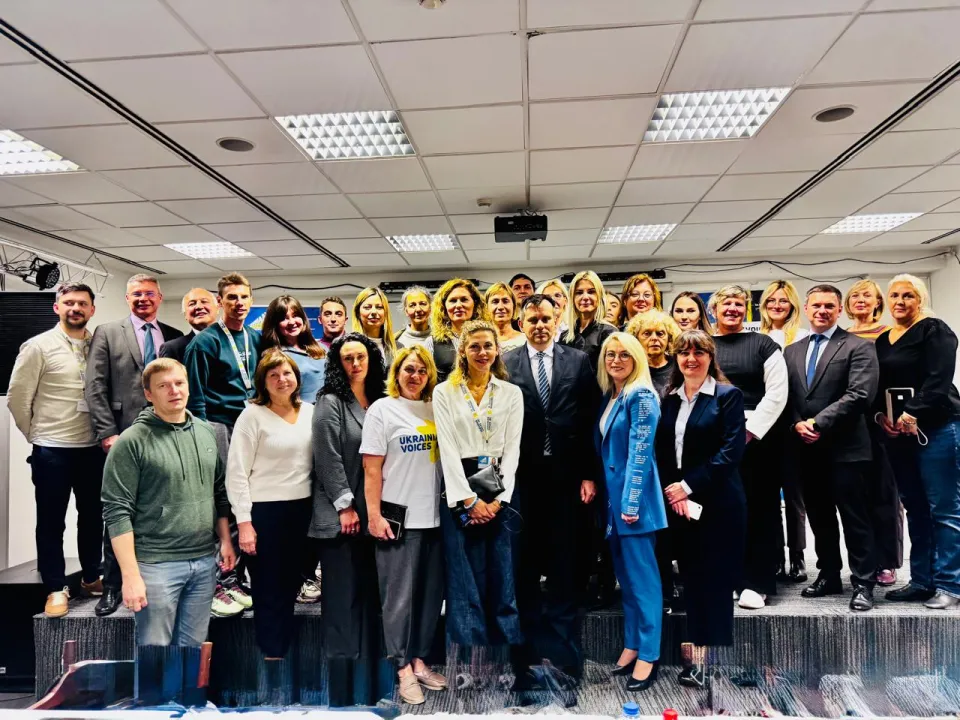Enablers and Incentives of Election-Related Foreign Information Manipulation and Interference in North Macedonia
North Macedonia has emerged as a notable case study for better understanding foreign information manipulation and interference (FIMI)—how democratic and media vulnerabilities, societal divisions and domestic actors all play a part. Despite formal commitments to democratic reforms and European Union integration, the country remains vulnerable to corruption, and its regulatory gaps—combined with polarization and ethnic cleavages—make for a politicized media landscape. As in many countries, North Macedonia’s powerful digital information space lacks oversight and transparency.
This report examines the enablers and incentives that make North Macedonia particularly susceptible to FIMI: loopholes in political finance, low media resilience and coordinated disinformation campaigns aligned with foreign strategic interests. It also highlights the role of civil society as a potential buffer against manipulation, emphasizing the urgent need for a coordinated, whole-of-society response to safeguard democratic processes and public trust.
Details
Contents
Executive summary
Introduction
1. Political institutions and practices
2. Social, political and cultural environment
3. News media and journalism
4. Social media
5. The legal and regulatory sphere
6. Conclusion and recommendations: A whole-of-society approach
References
Give us feedback
Do you have a question or feedback about this publication? Leave us your feedback, and we’ll get back to you
Send feedbackEnablers and Incentives of Election-Related Foreign Information Manipulation and Interference in North Macedonia
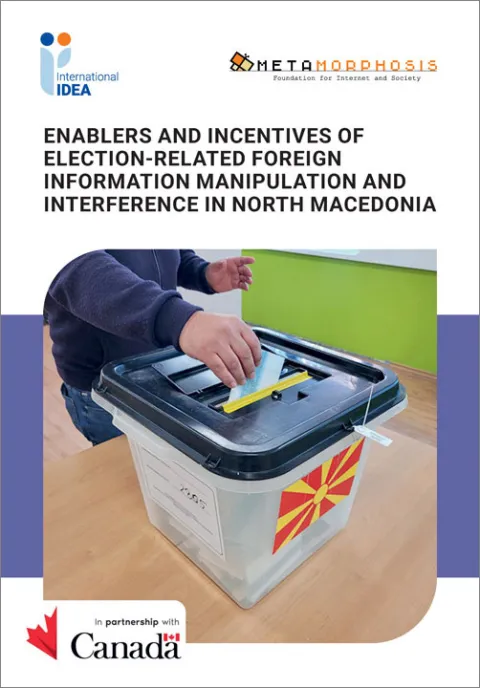
| Total views | 1794 |
|---|---|
| Downloads | 73 |
| Rating |
Give us feedback
Do you have a question or feedback about this publication? Leave us your feedback, and we’ll get back to you
Send feedbackRelated publications
